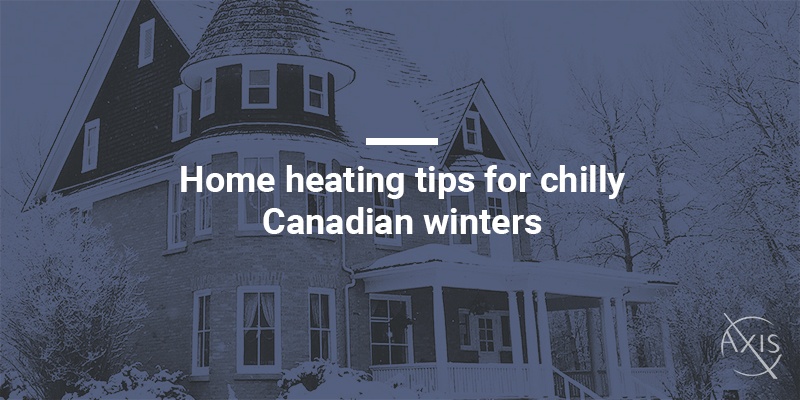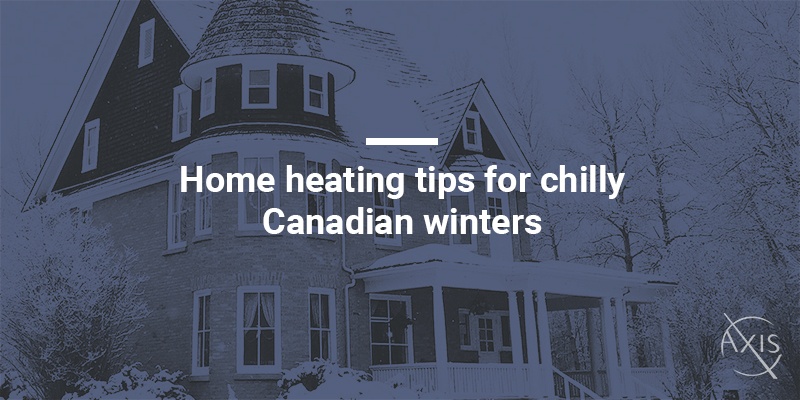
Winters here in the Great White North can be challenging enough -- you don’t need the added stress of an astronomical heating bill shoveled on top of everything else.
Obviously heating your house is not optional. Then there’s the increase in electricity costs for lighting those long winter nights. According to BC Hydro, increased winter energy habits can make the average winter electricity bill 66 per cent higher than the rest of the year.
To help ease the pain, here are a few tips for saving on your home heating bill during the chilly months.
Portable heaters can be handy
Instead of heating the whole house, you could get a space heater for common areas, and turn down the furnace.
But be aware -- using a space heater can also use a lot of energy. If the room you’re trying to heat is a large one, or if you’ve got a few of them running at the same time, it might not actually be saving energy at all.
BC Hydro actually has a handy online cost calculator. According to them, a 1,400-watt space heater, running for four hours a day, will cost about $17 to use.
So in order to make sure you aren’t saving power on one heating source just to pay more on another one, here are a couple of tips to keep in mind:
- Only use space heaters in smaller spaces.
- Put it in a corner to maximize its utility.
- Keep the door of the room shut to keep heat in.
- If you leave the room, shut the space heater off.
Safety is also a consideration when using a space heater. Make sure it isn’t in a position where it will be easily tipped over, no blankets or flammable materials are near it, and shut it off if you go to sleep.
Set your thermostat strategically
Thermostat management can be a very effective way to manage heating costs. Particularly, a programmable thermostat is a cheap way to automatically reduce your household’s heat waste. Just set it to turn on at times when you’re at home, and off when you’re gone to work or school, and at night when you’re asleep.
What you set it at matters too. Heating costs rise roughly 5% for every degree above 20 degrees C that you heat your home.
With that in mind, here’s a good idea of what your automatic thermostat should be set at:
- Away from home or sleeping - 16 C
- Relaxing at home - 21 C
- Active at home, such as cooking or doing housework - 18 C
If you get a WiFi-enabled thermostat, you can adjust it on the fly, even if you’re not at home. Some smart thermostats will even learn your habits, and adjust the heat accordingly.
Beware baseboard heating
If you have baseboard heating, you might already know they can be expensive to run.
In fact, BC Hydro says that they could account for up to 50 per cent of your home’s energy use.
Thankfully, they have some tips for keeping costs down:
- Turn them off in rooms you aren’t using
- Keep them at an ideal temperature
- Ensure they’re kept clean
Watch their educational video below:



